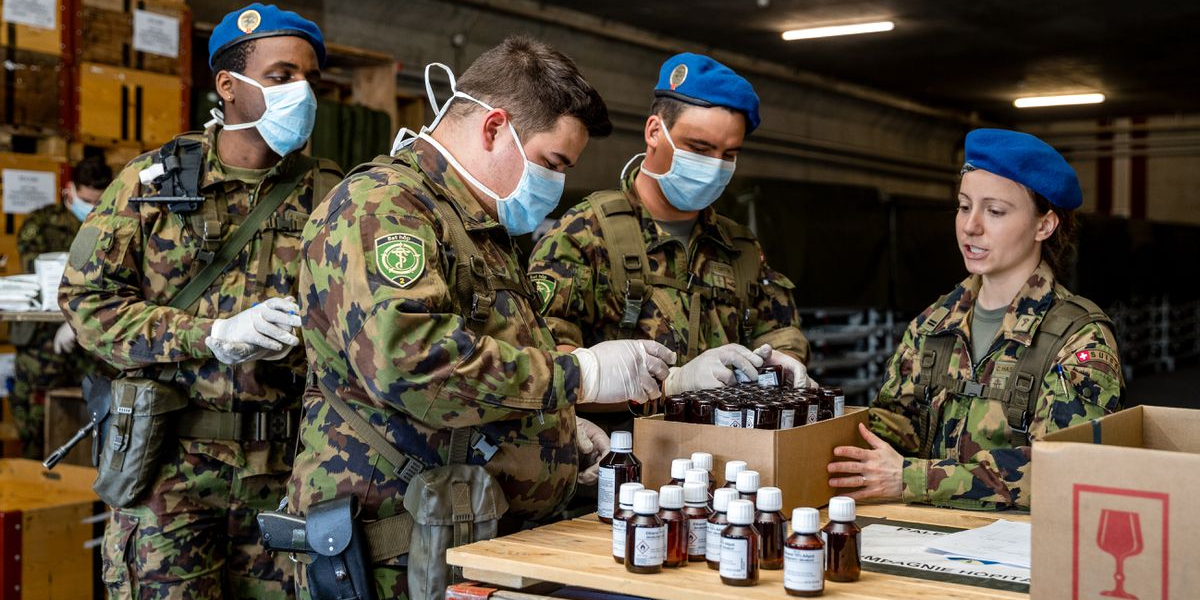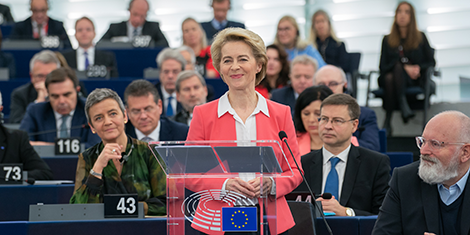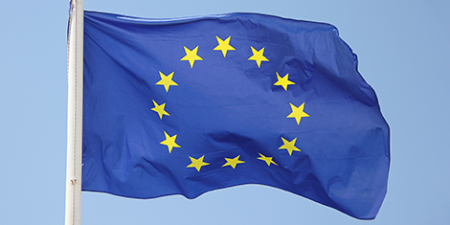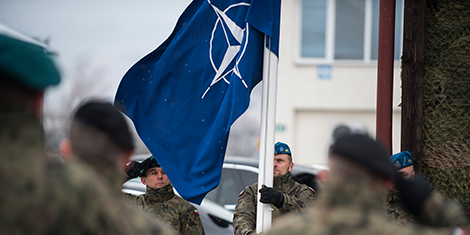 Bild: © VBS. Philipp Schmidli. CC BY-NC-ND 3.0 CH
Bild: © VBS. Philipp Schmidli. CC BY-NC-ND 3.0 CH
Dieser Blogbeitrag gehört zur Coronavirus-Blog-Reihe des CSS, die einen Teil des Forschungsprojektes zu den sicherheitspolitischen Implikationen der Corona-Krise bildet. Weitere Informationen finden Sie auf der CSS-Sonderthemenseite zur Corona-Krise.
Im aktuellen Verlauf der Corona-Krise zeichnen sich ambivalente Auswirkungen auf die Militärpolitik der europäischen Staaten ab. Einerseits drohen einbrechende Wehretats und zusätzliche Erwartungen im Hinblick auf subsidiäre Einsätze. Anderseits birgt dieses Fundamentalereignis auch die Chance, die politisch-gesellschaftliche Verankerung der Streitkräfte zu festigen – vorausgesetzt, in seiner Aufarbeitung gelingt die Abstraktion von der «Pandemie» zum allgemeineren «Krisenfall» und von der «Landesverteidigung» zur umfassenderen «strategischen Krisenversicherung».




